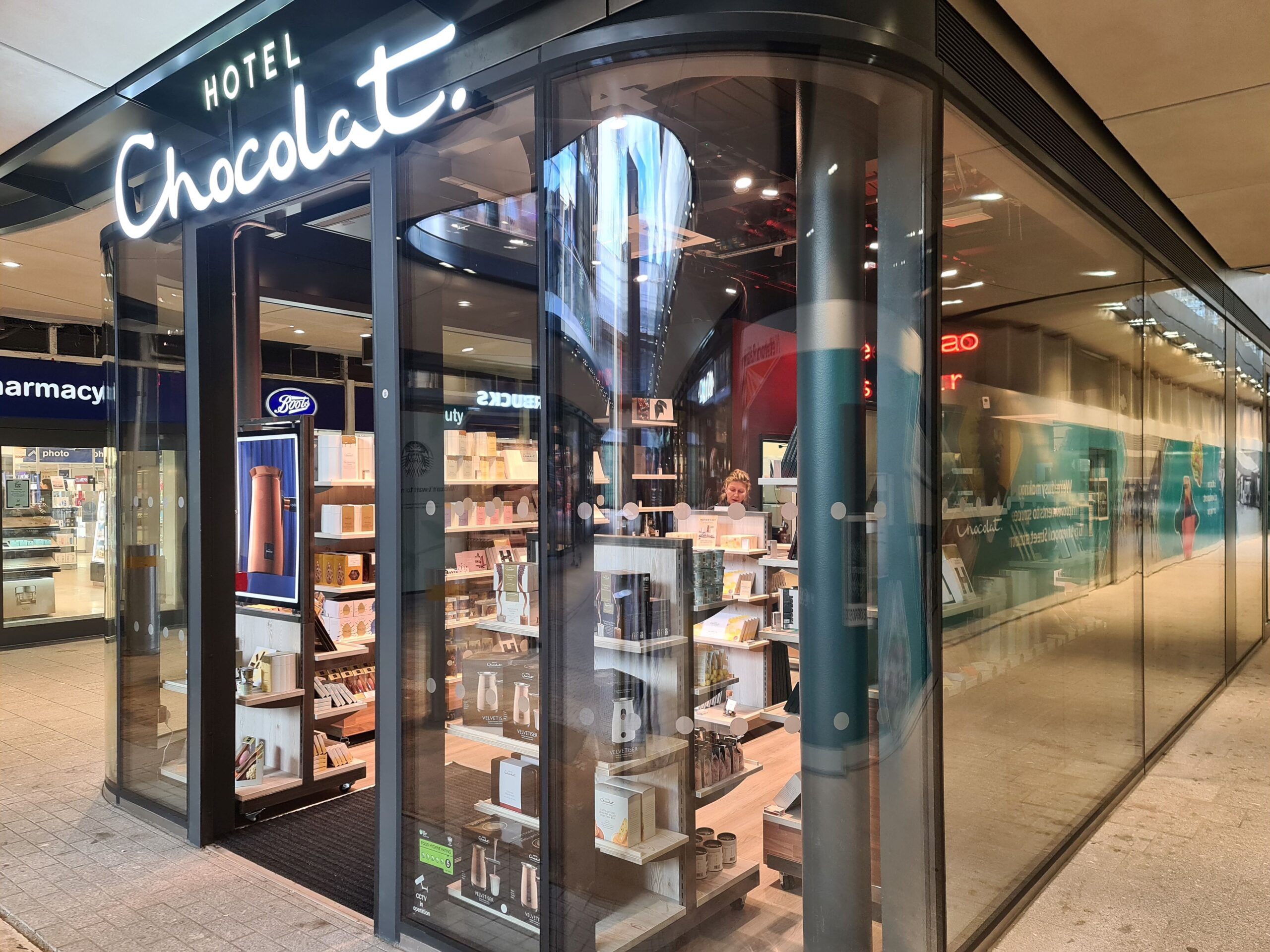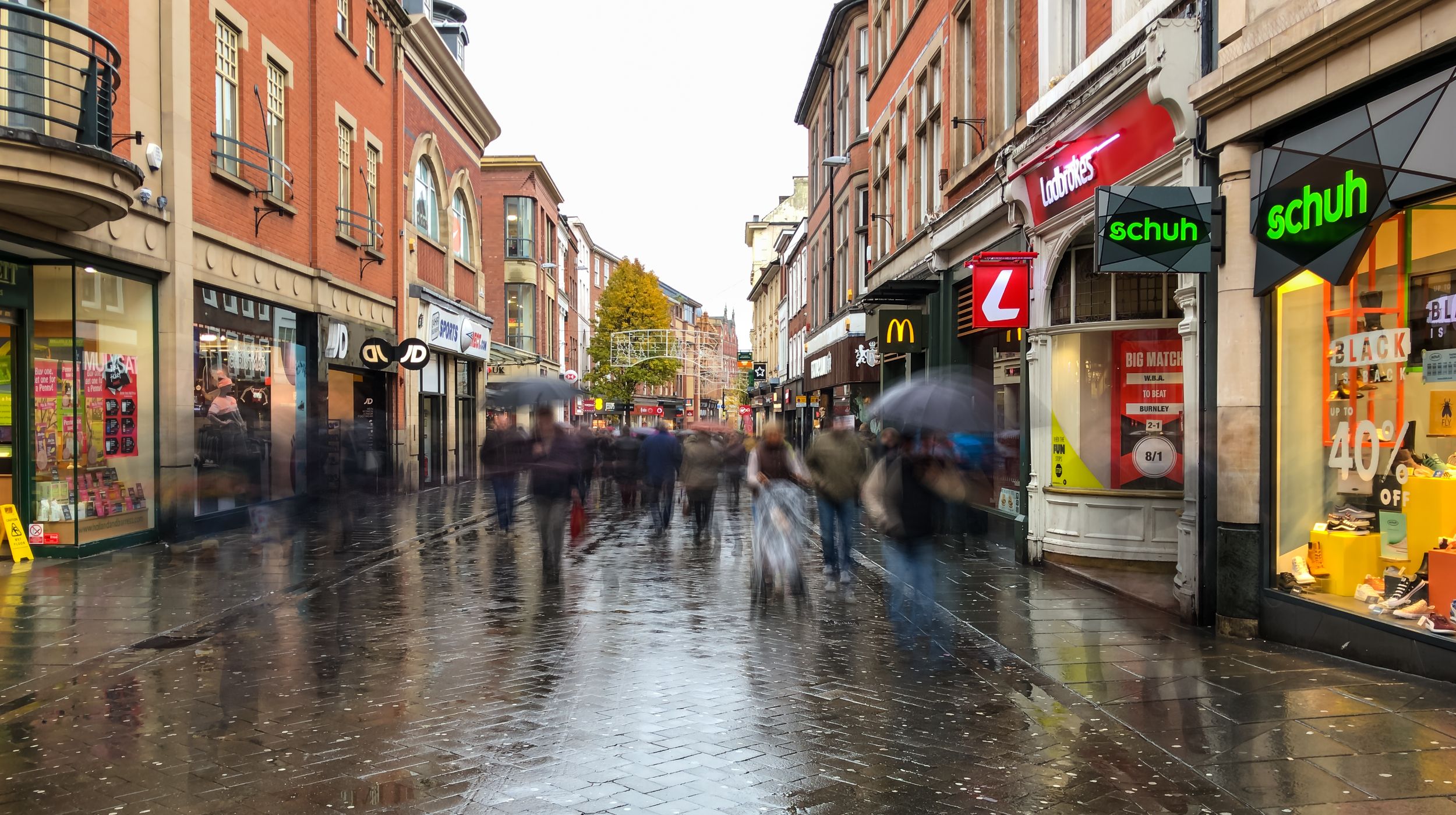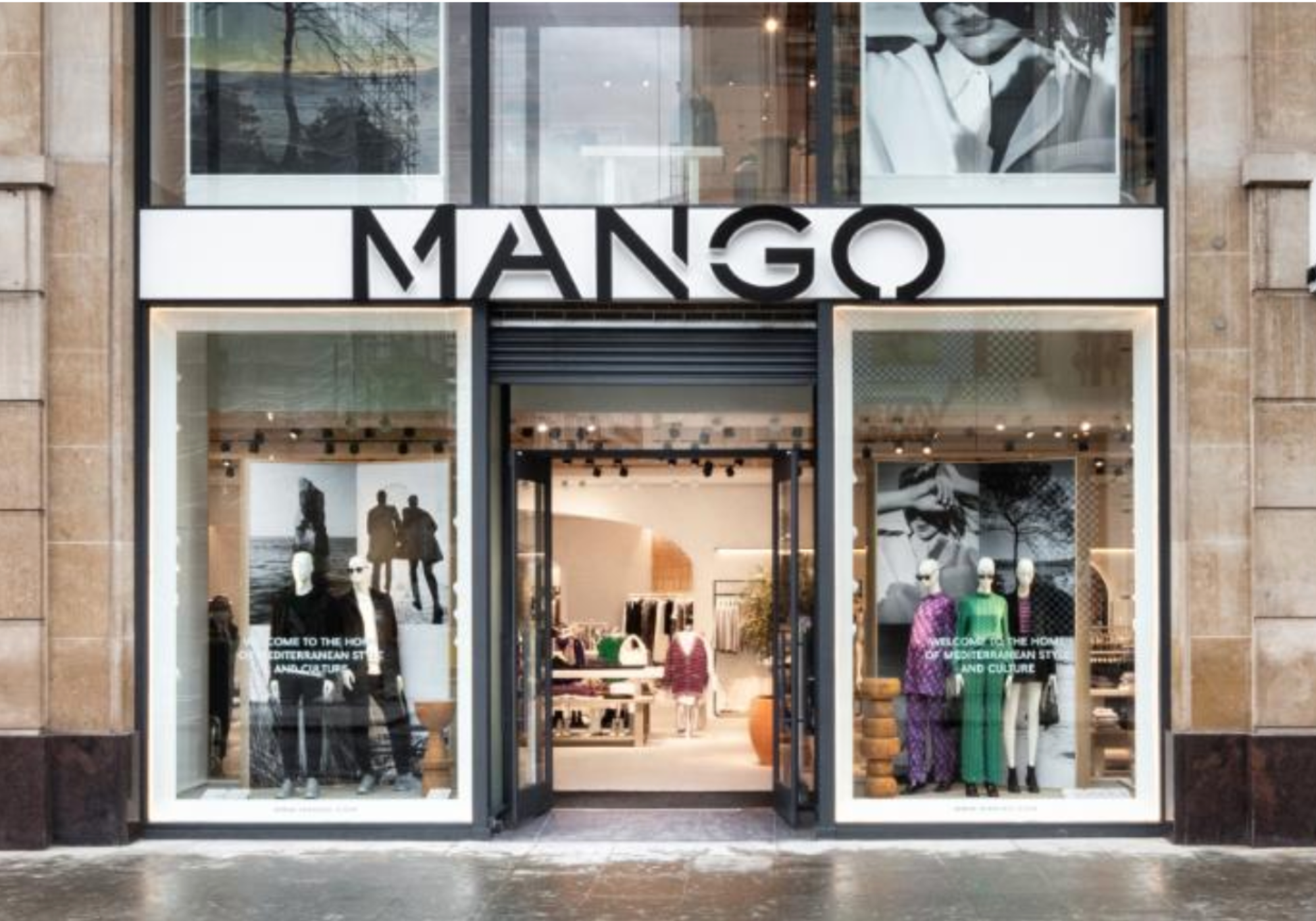With failed deliveries still happening Rijk van Meekeren, CCO at B2C  Europe, askes whether social delivery is the answer and what else consumers are thinking around delivery.
Europe, askes whether social delivery is the answer and what else consumers are thinking around delivery.
We all know the online retail industry has grown substantially in recent years. With such a large increase in parcels however, there has also been an increase in deliveries failing to reach their intended recipients; a recent survey we conducted across the UK, France and the Netherlands shows that every respondent asked had had at least one failed delivery attempt last year.
Out of options
So, what are the causes for this? 48% of respondents in all countries felt there was a general lack of choice in the delivery process, meaning they were unable to change the scheduled drop off slot or choose an alternative pick up point. A further 27% of respondents said they needed more flexibility around delivery time to match their own changing schedule, having chosen the ‘something came up’ option in the survey.
This suggests that despite the innovations that have taken place in the sector, such as nominated day delivery, live tracking updates and click and collect points like UPS Access Point from a customer perspective at least, there is not quite enough choice.
The cost
Missed deliveries are understandably frustrating, both for customers and retailers alike. However, while they are an inconvenience to the customer, they also add a very literal cost to a business. The hard costs often don’t paint the full picture as they fail to take into account the damage to the retailer’s brand reputation that poor delivery will cause.
Financially speaking, even just one failed delivery attempt can rack up unnecessary expense. Our survey found that 41% of packages are redistributed on another day or sent to an alternative pick-up point (25%), which means that the courier’s workload is effectively doubled and the number of retail vehicles on the roads increases.
In the UK and the Netherlands, a common alternative is for couriers to leave the delivery with a neighbour (39% in the UK and 65% in the Netherlands); something which 60% overall are happy with.
Interestingly, our younger respondents felt more unease at the thought of having their valuable packages left with a neighbour, which may be to do with the young adults preferring to live in European cities than rural areas. Young people are also more likely to rent as they might not yet be on the housing ladder, and as a result may not be as well acquainted with their neighbours as the older generations. This is a new challenge for the deliveries industry to overcome, as millennials make up a large proportion of online sales.
Looking to the future
Our research highlights that we need to be giving customers more options in terms of where and when they receive their online orders if we are to overcome the issue of failed deliveries. In a world where consumers are increasingly time-poor, methods of delivery need to be as convenient and flexible as possible.
The good news is that consumers are becoming increasingly environmentally aware, with 59% of our respondents stating their concern about rising levels of air pollution. The next steps for the industry therefore is to look at what we can do collectively to cut back on waste, while keeping the customer experience a priority. For example, by making reasonable adjustments for consumer delivery options, such as making more use of pickup point delivery, we can make use of options we already have at our fingertips.
Ecommerce is a fast-growing market, but its future depends on how well the industry adopts new ways of doing things. Getting delivery right first time round not only provides an opportunity to gain a commercial edge through efficiency but also gives customers a higher standard of service – which in return encourages retention.
Rijk van Meekeren, CCO at B2C Europe.
Image credits: Fotolia and B2C Europe.






